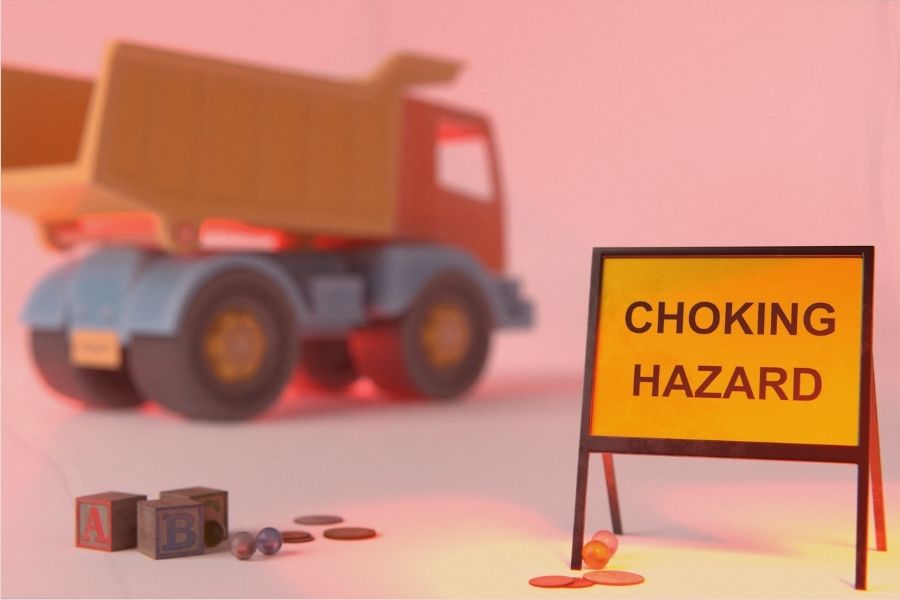At The Carlson Law Firm, we understand that grief doesn’t follow a calendar. It lingers long after the ceremonies end and the flags are folded. For the families that remember a fallen service member, the loss is not just a moment—it’s a lifelong journey. Honoring the fallen and holding space for grief can take many forms.
As a personal injury law firm, we often meet people at some of their most painful moments. We’ve learned that sometimes the most powerful thing we can do is simply hold space—to show up with compassion, honor the depth of the loss, and offer support that’s both human and actionable. While we can’t undo what happened, we can listen, stand beside you, and, when it falls within our jurisdiction, pursue justice on your behalf.
What Does It Mean to Hold Space?
Holding space means offering presence without pressure. It’s listening without judgment, comforting without comparison, and making room for grief in all its forms. Sometimes, it means sitting in silence, showing up without needing the right words, and allowing someone to feel the full weight of their loss without rushing them through it.
For those grieving the loss of a loved one—especially in the aftermath of tragedy—this kind of support from family, friends, and community is vital. Grief becomes lighter when it’s shared, when someone says, “I’m here” and means it.
But holding space can also take the form of action. At The Carlson Law Firm, we do more than listen. When the pain of loss is compounded by injustice, we use every legal tool available to pursue accountability and ensure that the voices of those left behind are heard. When the situation falls within our areas of practice, we stand beside grieving families—not just with compassion, but with action—so they can begin to move forward while honoring their loved one’s memory.
Because true support isn’t just emotional or legal—it’s both. We hold space by recognizing not just the magnitude of the loss, but the courage it takes to keep going.
Grief, Guilt, and the Weight of Survival
For many of our clients—especially those involved in antiterrorism cases—grief is complicated by survivor’s guilt. They carry memories, what-ifs, and often an overwhelming sense of why me? This kind of grief can feel isolating and deeply personal.
We want you to know: we are grateful for your service and survival. Your survival is not something to justify. It’s something we honor. Holding space for grief while honoring the fallen also means holding space for your continued life—for the hard days, the healing days, and the hope that eventually returns.
While every grief journey is unique, there’s a shared thread among those who’ve lost someone in service to this country: the quiet, ongoing ache of absence. For Gold Star Families, that loss is often layered with public recognition but private pain. The people around them may not always know what to say—or may fear saying the wrong thing.
What You Can Do
If you’re wondering how to cope after a loss or how to support someone in your life who’s grieving a fallen loved one, here are a few simple, meaningful ways to hold space with care:
- Seek professional counseling. A licensed professional counselor is equipped to guide you while you process your loss or help you understand how to best support a loved one who is grieving.
- Say their name. Remembering matters. Unless you are asked otherwise, many people who have suffered a loss will appreciate not having to pretend their loved one never existed or that they are not missed. So, saying their name or sharing a fond memory may be comforting.
- Avoid platitudes. “They’re in a better place” can feel hollow. Instead, say something like, “I’m here. I remember.”
- Be present. On birthdays, anniversaries, or quiet days that feel unexpectedly heavy. Since everyone grieves differently, consider asking before showing up on special days.
- Offer something concrete. A meal. A ride. Time. Your presence is more valuable than perfect words.
Seeking Justice, Honoring Loss
We can’t undo what was done, but we can use the tools of the law to seek accountability. We can stand beside you in the courtroom and in the quiet moments that follow. Because grief and justice are not separate journeys—they walk together, side by side.




